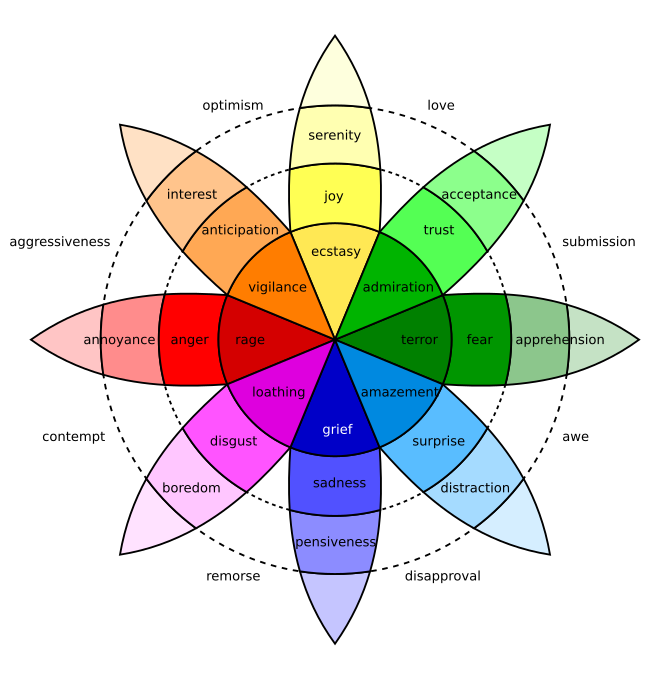 For those of us with children, the beginning of summer meant a huge shift in our schedules and more demands on our time. Which translates to less writing time—and often more frustration.
For those of us with children, the beginning of summer meant a huge shift in our schedules and more demands on our time. Which translates to less writing time—and often more frustration.
Now the end of August is here–the summer wind down. In some places, school has already begun. This time next week I will be luxuriating in the quiet of my home as my daughter has her first day of school. This is also her first year of full-day school, so it will be strange and exciting for both of us.
I know I will spend the first few days of school “wasting” those precious 6 hours of quiet time. I will do things I want to do, like photo projects, genealogy, reading, and maybe even napping. I know because I have done that every year for the past 3 years of preschool. After those first few days, however, I will set up a schedule so I can use that time to the fullest.
During this last week of summer, however, things are winding down. My daughter’s last swim lesson is this morning. Our final vacation is in the books. Lazy days are ending as the school ramp-up begins—forms to fill out, lunch accounts to be opened, school supplies to be bought, first-day-of-school clothes to be chosen.
While the return to school means a return to schedules, the start of September also brings a gear-up in writing. After an (unintentionally long) summer hiatus of my critique group, we finally met again this week. What a pleasure it was to see all the comments peppering my manuscript! To talk shop with others as thirsty for camaraderie as I.
 And maybe now I can finally shake the last of the summer doldrums that grip me every June. With no more lazy morning lie-ins, no more redolent hot afternoons, and no more sitting by the ocean (even if it’s only in my head), my mind should snap back into focus and get back into top writing shape.
And maybe now I can finally shake the last of the summer doldrums that grip me every June. With no more lazy morning lie-ins, no more redolent hot afternoons, and no more sitting by the ocean (even if it’s only in my head), my mind should snap back into focus and get back into top writing shape.
I feel the way I always did as a kid—I loved summer when it started, but was always eager for school come September!
Does September mark a shift for you? Or are you past the point where you experience a summer wind down?









My Daughter: My Most Important Work-In-Progress
If all goes as planned, I am currently sitting in a quiet house. My daughter will be in school for the first time this school year. And unlike the last three years, this is full day!
So I am likely reveling in the silence and pondering a nap.
I am also thinking of this wonderful child who is such a mystery to me. She is full of contradictions:
She loves to go barefooted all the time, yet loves to dress up in pretty dresses.
She is fearless on the jungle gyms, yet scared of toothpaste.
She is confident enough to walk up to any kid on the playground and ask to play with them, yet fragile enough to sometimes cry because her art is not good enough.
She will remember a fact from a book we read 4 months ago, but cannot remember what she did this morning.
She is stubborn and unshakable, yet brimming with empathy and love.
This is the child who I walked to her first day of Kindergarten today. Who is equal parts excited and nervous. Who is simultaneously certain she knows it all, while fretting that she doesn’t know enough.
My child, who has grown up so much in the past year. She is no longer the baby who first went to preschool 3 years ago. She is not even the same child who entered preschool last year.
She is her own person, her own self.
She is my most important work-in-progress and the greatest enigma in my life.
This child I know so well—yet not at all.
I love her more than words can say and am so proud of the person my daughter is becoming.
And now, for that nap.